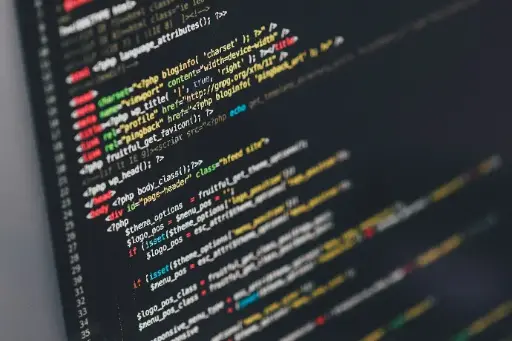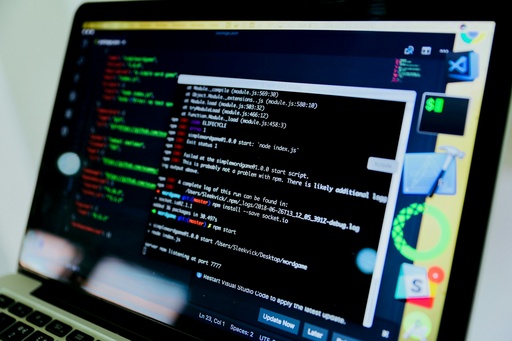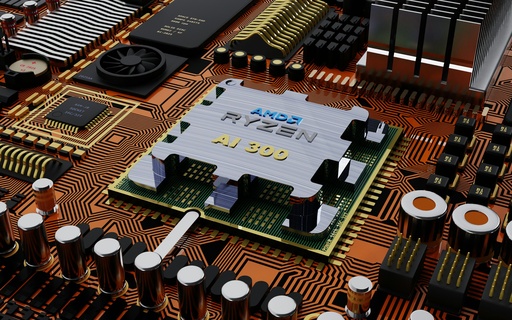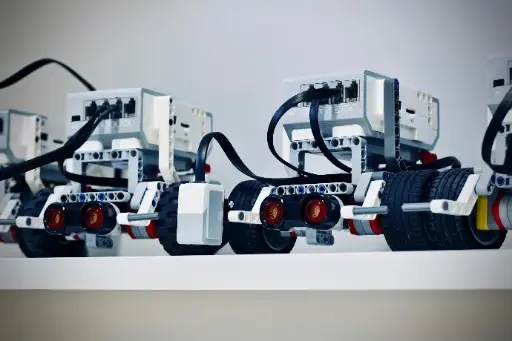Reach new heights
Start your online course today!
Empower yourself and make a difference! Kickstart your tech career right here.
It's time to enroll in a course.

Real-Time Interaction: Participate in live discussions, ask questions, and receive instant feedback from instructors.
Expert Instruction: Learn from experienced educators and industry professionals in various fields.
Collaborative Learning: Engage with peers through interactive exercises, group activities, and discussions.
Flexible Scheduling: Choose from a range of class times to fit your schedule and learning preferences.
Enhanced Learning Experience: Benefit from multimedia presentations, live demonstrations, and real-world examples.

Module Highlights:
- Introduction to R: Get started with R programming, covering installation, basic syntax, and data structures.
- Data Manipulation: Learn how to clean, transform, and manage data using R packages like dplyr and tidyr.
- Exploratory Data Analysis: Use R to perform descriptive statistics and visualize data with ggplot2, uncovering insights and patterns.
- Statistical Analysis: Apply statistical techniques and hypothesis testing to analyze data and draw meaningful conclusions.
- Data Visualization: Create compelling and informative charts, graphs, and interactive visualizations to communicate your findings effectively.
- Advanced Topics: Explore advanced techniques, including time series analysis and machine learning, to enhance your analytical capabilities.

Module Highlights:
- Introduction to IoT: Understand the core concepts of IoT, including its architecture, key components, and applications across various industries.
- Sensors and Actuators: Learn about the different types of sensors and actuators, and how they interact with IoT devices to collect and respond to data.
- Connectivity & Communication: Explore the various communication protocols and networking technologies that enable IoT devices to connect and exchange data.
- Data Management & Cloud Integration: Gain skills in managing IoT data, utilizing cloud services for storage, processing, and analysis.
- Security & Privacy: Address critical issues related to IoT security and privacy, and learn strategies to protect data and devices from potential threats.
- Advanced Topics & Project Development: Delve into advanced IoT topics such as edge computing and machine learning, and apply your knowledge to hands-on projects that simulate real-world IoT scenarios.

This course provides a comprehensive introduction to the field of robotics, covering the fundamental concepts, technologies, and applications that define modern robotic systems. Students will learn about the core components of robots, including sensors, actuators, and control systems. Key topics include robot kinematics, dynamics, path planning, and control algorithms. The course also explores different types of robots, such as industrial robots, mobile robots, and humanoid robots, and their various applications in manufacturing, healthcare, and exploration.

This course delves into the development and implementation of quantum algorithms, focusing on how they leverage the principles of quantum computing to solve complex problems more efficiently than classical algorithms. Students will explore a range of quantum algorithms, including Shor's algorithm for integer factorization, Grover's algorithm for unstructured search, and the Quantum Fourier Transform. The course also covers advanced topics such as quantum error correction, quantum simulations, and optimization problems.

This course offers a foundational exploration of quantum computing, focusing on the principles, theories, and applications of this emerging technology. Students will learn about quantum mechanics concepts such as superposition, entanglement, and quantum gates, and how these principles underpin quantum computing. The course covers the basics of quantum algorithms, including Shor's algorithm for factoring and Grover's algorithm for search problems, and introduces quantum programming languages and frameworks like Qiskit and Cirq. Students will gain hands-on experience with quantum simulators and real quantum computers through practical exercises and projects. The course also discusses the current state of quantum computing research, its potential impact on various fields, and the challenges facing the technology. By the end of the course, students will have a solid understanding of quantum computing fundamentals and be prepared to explore more advanced topics in the field. No prior experience in quantum mechanics or computing is required, but a basic understanding of linear algebra and programming concepts is recommended.